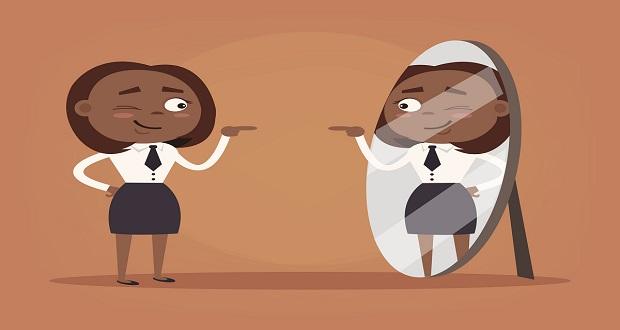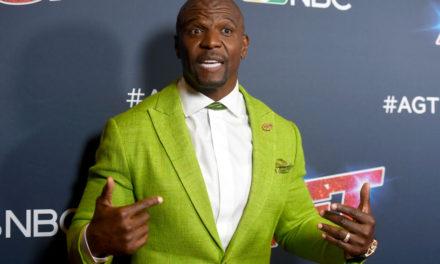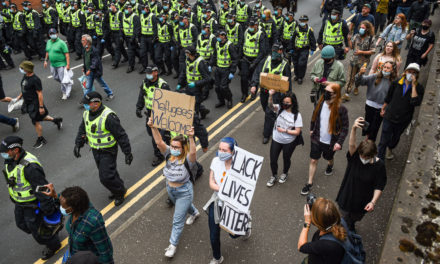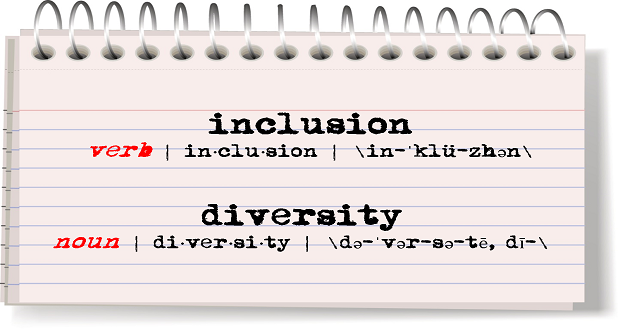Among a sea of black gowns and tuxedos, Oprah Winfrey made history on Sunday night as the first black woman to receive the Cecil B. DeMille award at the Golden Globes. The moment was iconic in its own right, made all the more poignant because of the setting—the first Hollywood awards ceremony following the industry’s flood of sexual harassment scandals at the end of last year.
The line from Oprah’s acceptance speech that caught on like wildfire in the minutes and hours after was, “…What I know for sure is that speaking your truth is the most powerful tool we all have.” But, there was another line that kept reverberating in my mind:
“…It is not lost on me that at this moment, there are some little girls watching as I become the first black woman to be given this…award.”
And, in some cases, there weren’t little girls watching. Instead, there were 28-year-old women like me.
I’m not sure when I started looking long and hard for versions of myself behind the screen. I can’t pinpoint the exact moment, but I know that somewhere along the line, seeing people on television and in movies who not only looked like me but also embodied my variant of the American Dream became important. It’s why when I cozied in to watch the 75th Golden Globes this past Sunday, I thought of Issa Rae’s words from a few months before.
Issa Rae, creator and star of HBO’s series Insecure, caught the media’s attention last year when she took to the Emmys red carpet last year and told a reporter that she was “rooting for everybody black.” While many took to social media to applaud the candor of that moment, others—such as Fox News host Tucker Carlson—lambasted it as “open race hostility from the left.”
It’s not always easy to explain why a comment such as Rae’s would catch on in the black community, making its way onto t-shirts and tank tops, mugs and memes. It isn’t easy to explain because we would like to believe in meritocracy. Somehow the implication of “rooting for everybody black” serves as a strong undercurrent to the adage “May the best man or woman win.”
Yet, when I watch award shows, I root for everybody black. Because cheering on black actors and actresses while also admiring those who take home the top honors are not mutually exclusive.
On Sunday, I was thrilled to see Big Little Lies, a show that I loved and binged on in one night, win several awards. Still, I found myself rooting for Anthony Anderson and the crew of Black-ish, even though the show isn’t a staple in my television diet. I rooted for Mary J. Blige for her role in Mudbound, Octavia Spencer for hers in The Shape of Water, and Daniel Kaluuya for his breakout role in Get Out. I cheered for Sterling K. Brown as he became the first black actor to win for best performance in a television series drama for his role on This Is Us. And, of course, I bubbled over with joy during Oprah Winfrey’s speech.
I wish I could say “and the list goes on”, but the reality is that it doesn’t.
Women and people of color are still woefully underrepresented in Hollywood, and even more so when it comes to filling directors’ chairs. A new study by the USC Annenberg Inclusion Initiative cites that among 1,100 films, 4 percent were directed by women and 5.2 percent were directed by black or African-American directors. A mere 3.2 percent of the directors were Asian or Asian American.
Rooting for those who look like me may contradict meritocracy or seem a bit unfair. But, when I do so, it is not with the intent to draw more divides. Instead, it is to celebrate the fact that there are people who look like me in every corner and industry of the world. There are black men and women who work hard, trek through the mud of inequity, and still aspire to have their work honored and applauded. There are people who want to be deeply understood and fairly represented. When I see these people, I see myself. And, it’s hard not to root for that.



















